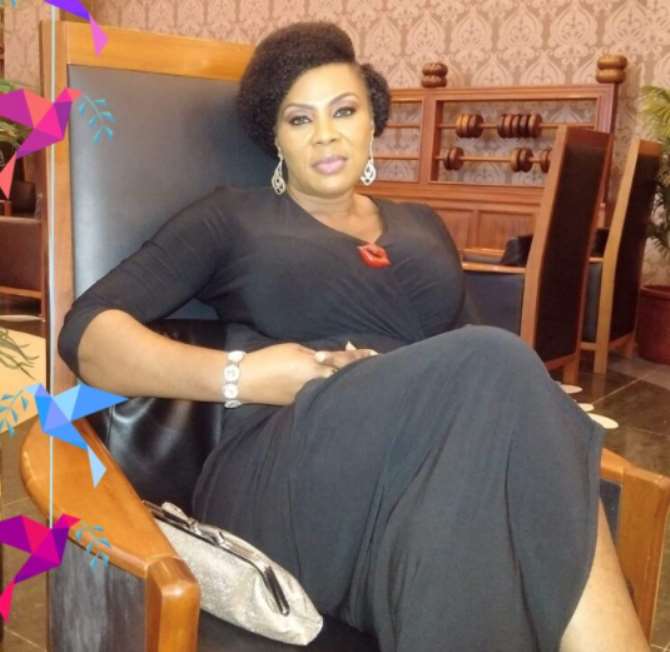Need For Peaceful Co-Existence Between Muslims And Christians In Nigeria’s Northern Region

It is almost impossible to turn on the news today without witnessing scenes of hatred, violence and intolerance perpetrated in the name of religion or belief. The killing of a student of Shehu Shagari College of Education, Sokoto, Deborah Yakubu, a 200-level Home Economics Student of the institution, who was burnt alive on Thursday morning of May 12, 2022 over alleged blasphemy is unarguably an extreme example of such hatred, but it comes against a background of heightened religious hostility and discrimination in virtually every part of the northern part of Nigeria.
Against the foregoing backdrop, it is commonsensical to say that if there is any aphorism that finds expression in the gory incident that occurred in Sokoto yesterday, May 12, 2022, it is unarguably the one credited to Hillary Clinton which says, “In every religion, there are those who would drape themselves in the mantle of belief and faith only to distort its most sacred teachings - preaching intolerance and resorting to violence”.
Permit me to say that the unpalatable and paradoxical take-away from the grisly is the fact that the perpetrators are students that are no doubt educated as they were alleged to be students of the same college of education. Not only that, they are unarguably teachers in the making as they graduate to become secondary school teachers across the country. Then, one is compelled to ask, “What will they teach their future students about religious tolerance?” The reprehensive mob action and the killing of Deborah contradicts Aleksandr I. Solzhenitsyn’s saying that “It's a universal law-- intolerance is the first sign of an inadequate education. An ill-educated person behaves with arrogant impatience, whereas truly profound education breeds humility.” In the same vein, Helen Keller says, “The highest result of education is tolerance”
In fact, the condemnable and intolerable behaviors of the students of the college beats me, particularly when seen from the perspective of the fact that in my undergraduates days at Lagos State University (LASU), students of different religious backgrounds freely mingled among themselves amid incendiary arguments and heated debates, they remain friends even after graduation.
At this juncture, it is expedient to ask, “What is religious tolerance?” Without doubt, religious intolerance is an unwillingness to accept views, beliefs or behavior that differs from one person to another. In simple words, intolerance is just something by which a person is not capable of handling the situation, words or any type of conduct which is against the religion he or she is affiliated to.
On the other hand, tolerance is the power that is present in your behavior that determines how you react to something which is quite not acceptable by a person. If someone says or does something that you dislike, and you are able to bear it without being irritated it is tolerance. A person who is capable enough to tolerate the things which are against him or which does not affect the attitude of that particular person can be regarded as having a good power of tolerance.
As a writer and Journalist that understands the techniques of reporting religious conflict, I am in this context not embellishing this piece with sentiments which could be problematic. Rather, I will focus, instead, on producing true, balanced and fair accounts.
In as much as I will in this context refrain from being judgmental, and for the fact that the high rate of killings due to religious intolerance in many parts of the Northern regions of Nigeria is worrisome, one cannot skip the fact that hearing of sad news that someone has been killed for having a heated debate on a misunderstood religious issue or tenet. One may ask, “Is it a sin for the murderers to enlighten their alleged enemy on the misunderstood religious issue?
Still fresh in the memories of not few Nigerians are the murder of a 75-year-old woman, Mrs. Bridget Agbaheme, a Christian and trader at Kofar Wambai market, in Kano, who was beaten to death by irate youths after accusing her of blasphemy against Islam and also Mrs. Eunice Elisha of the Redeemed Christian Church of God (RCCG), Kubwa, Abuja, who was killed for preaching. Before Nigerians could comprehend the motive behind such barbarousness, another Christian and carpenter at Kakuri area of Kaduna metropolis, Mr. Emmanuel Francis was mobbed and stabbed severally by some Muslim youths for failing to observe the Ramadan fast. Definitely, such acts do not present Nigeria in positive light before the international community. Legal opinions have it that, while the above examples may be considered criminal acts, they are largely considered to have religious undertones. There is no denying the fact that many people now see the country as hostage to religious extremism.
At this juncture, it is expedient to advice our fellow Nigerians in the northern part of the country that Islam is a religion of peace as it preaches tolerance, universal brotherhood, and believes in principle of peaceful coexistence. As a matter of fact, Islam recognizes the other religions (with particular reference to Judaism and Christianity). It respects these two religions in their original form, and their prophets as its own. Without any iota of exaggeration, Islam has high respect for these religions since they are also revealed from God.
However, it is an undeniable fact that before and after the emergence of Islam, world religions have been hostile to each other, and the historical bitter relation of Judaism and Christianity that reject each other violently is such an example of this hostility among the world religions. Yet, with the emergence of Islam as the seal of revealed religion, it accommodates vis-a-vis the importance of peaceful coexistence and tolerance with other faiths; for the sake of humanity, love and affection.
To this end, it is expedient for this writer to confess that based on this tangible facts, that this piece aims to encourage religious adherents in Northern part of the country to be living peacefully, and urge our leaders to find the way the core values of Islam and Christianity can be actualized between Muslims and Christians in the region.
Sandra Ijeoma Okoye (Author)

